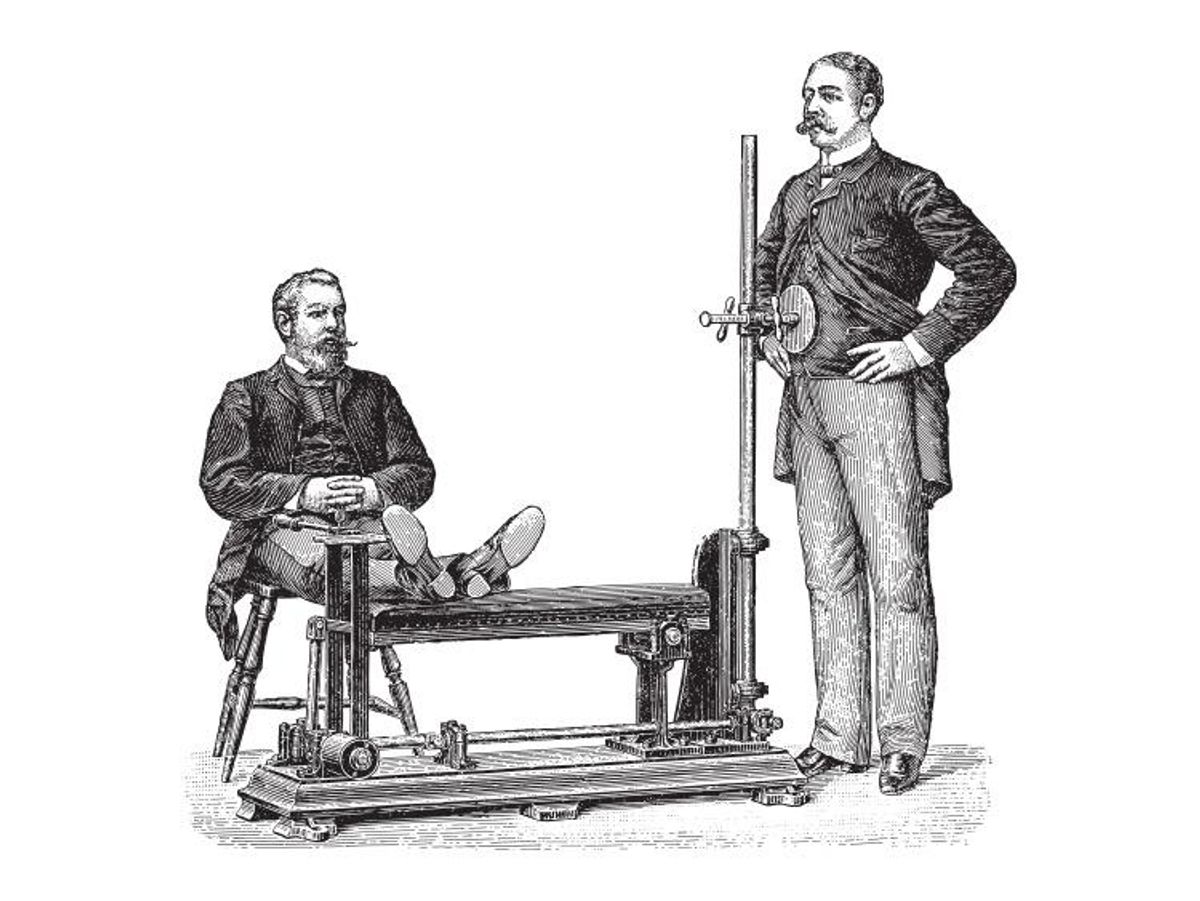Lifestyle
Fitness 101: The Power of Consistency

You don't have to follow a diet slavishly for it to be effective
June 01 2016 11:15 AM EST
January 11 2017 6:55 AM EST
By continuing to use our site, you agree to our Private Policy and Terms of Use.

You don't have to follow a diet slavishly for it to be effective
Shutterstock
We've all met those people who insist that since they kicked gluten/dairy/sugar/heroin their health has been transformed, and maybe you've felt pressure to sign up and join the revolution too. Perhaps it seemed to work -- for a while. But while the one-size-fits-all credos of these diet regimens might work for some, the best way to make any diet work for you is to answer the following questions honestly.
1. Can I Actually do this?
Whatever diet you decide to go with, be realistic. A zero-carb diet isn't going to be feasible when you're traveling through Italy, so keep the rules loose. Have spaghetti carbonara -- just in moderation.
2. What am I willing to Give up?
With any diet, there is a trade-off. Perhaps that means no more cookies and milk with your significant other, or fewer social events and dinners out with friends and family. Think about which parts of your diet you want to sacrifice.
3. Will I stick with it?
There's a justification for starting small. Without consistency, there will be minimal success. If there is any doubt, start at the shallow end of a diet and progress slowly. One reason so many people fail at their diets is that they take on too much all at once.
All of these points come down to a simple philosophy: Focus on the big picture, not the minutiae. The details are for top-end athletes and physique competitors. Those bodybuilders standing onstage are all jacked. What separates them from everyone else is the detail in their diet. However, all of us must first learn how to stick with a consistent one.
Start by looking at total calories, and then begin refining your diet. Calories are the foundation. If you're consuming a surplus of them, you gain weight; a deficit means you lose weight. The not-so-apocryphal tale of a professor, Mark Haub, who lost 27 pounds on his notorious "Twinkie diet," is instructive. He stayed under 1,800 calories a day by eating Twinkies, a can of green beans, three or four celery stalks, a multivitamin pill, and a protein shake.
No one in his or her right mind would recommend this unhealthy diet, but Haub's simple rule of thumb -- to decrease caloric intake -- caused weight loss. A more satisfying approach to dropping some pounds would be to slowly decrease your portion sizes, eating fewer calorie-dense foods (such as fried foods) and more lean meats and vegetables.
Finally, consistency is key. Small but regular changes over a period of time will make a big impact. If you consume a 150-calorie drink every weekday for lunch, replace it with a zero-calorie drink.
150 calories x 5 days = 750 calories / week
750 calories / week x 5 weeks = 3,750 calories
3,500 calories = 1 pound of fat
By taking this one action for five weeks, you could lose one pound. Doing this for a year could equate to nearly 11 pounds lost. That's the power of consistency.
Chris Matsui is a New York City-based performance trainer.
Like what you see here? Subscribe and be the first to receive the latest issue of OUT. Subscribe to print here and receive a complimentary digital subscription.